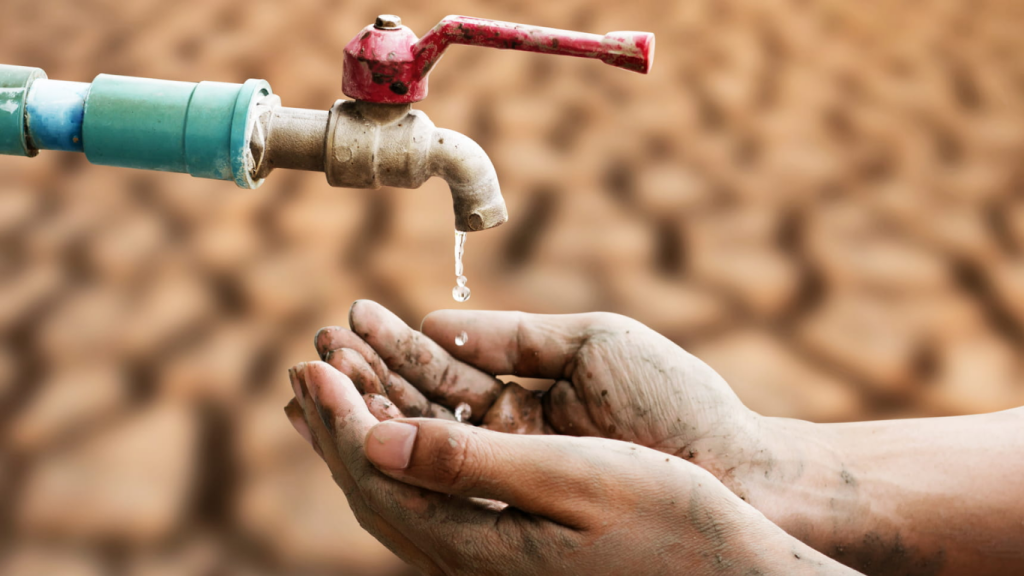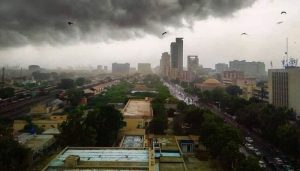
[ad_1]
ISLAMABAD: Pakistan’s major cities, Quetta and Islamabad, are facing severe water crises that threaten public health and urban sustainability. Quetta’s water table has dropped drastically, falling 300 feet in the past decade and continuing to decline by 30 feet annually.
This alarming rate has prompted officials to consider relocating the capital city( Quetta) to prevent it from becoming a “ghost city“.
The situation in Islamabad is equally dire, with contaminated drinking water posing serious health risks. The presence of nitrates and coliform bacteria increases the risk of “blue-baby syndrome” and other health issues like diarrhea and nausea. Islamabad’s water supply is critically low, meeting only 62% of the city’s demand.
The Pakistan Council of Research in Water Resources (PCRWR), under the Ministry of Water Resources, reported that of the 127 tube wells supplying water to Islamabad, 22 are unsafe. Additionally, 39 out of 108 water plants are deemed unsafe, and five of the city’s 12 waterworks show dangerous contamination levels.
Additionally, groundwater levels in the capital( Islamabad) have been rapidly declining. Once at a depth of 35-40 feet in the 1960s, the water table now sits between 150-300 feet, depleting by an average of 3-4 feet annually
In Balochistan, groundwater levels have reached dangerously low depths, with some areas reporting levels below 1,200 feet.
The existing Balochistan Ground Water Rights Administration Ordinance of 1978 lacks enforcement power, exacerbating the crisis. Urgent regulation of groundwater extraction and stronger legislation are necessary to prevent a full-blown water crisis.
Experts warn that even if groundwater extraction is halted immediately, it would take 30 years for the water table to recover. The current rate of depletion is unsustainable, and small dams or minor interventions will not suffice.
Stopping groundwater extraction altogether is the only effective measure. Earlier, considering this information Ministry of Water Resources denied the plan of tubewell solarisation in Balochistan amidst the water crisis Pakistan is currently facing.
[ad_2]
Source link






